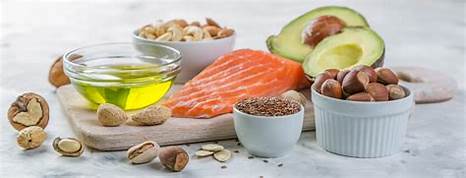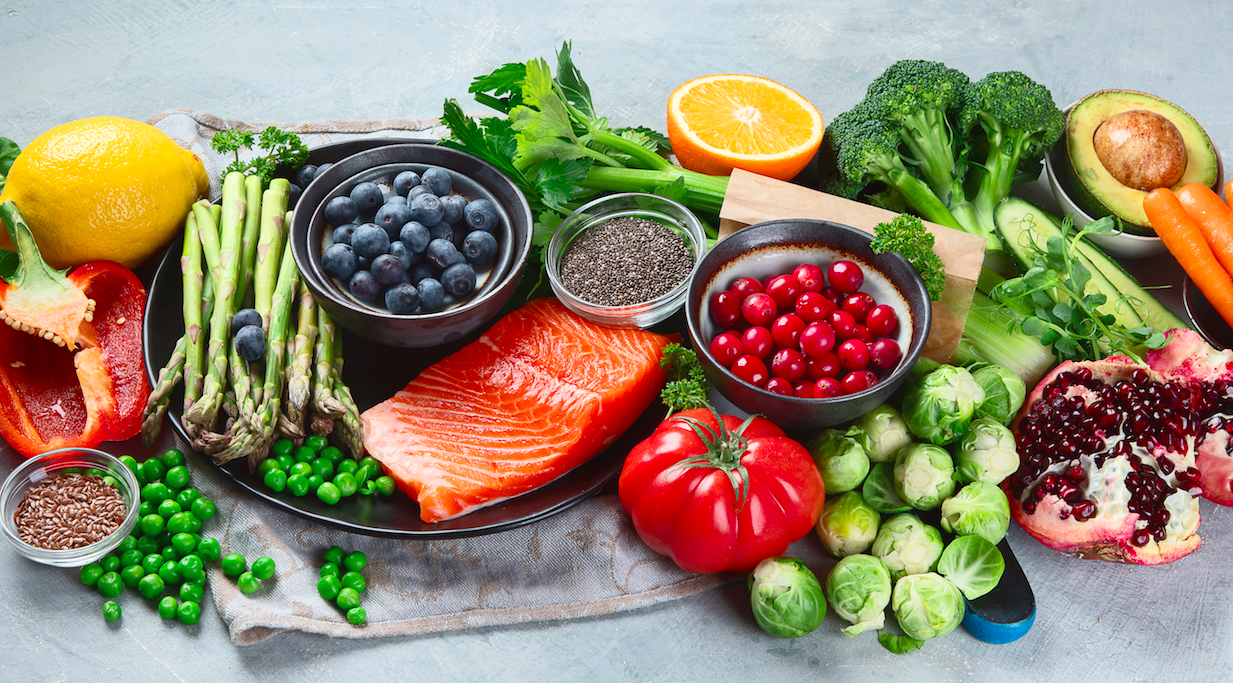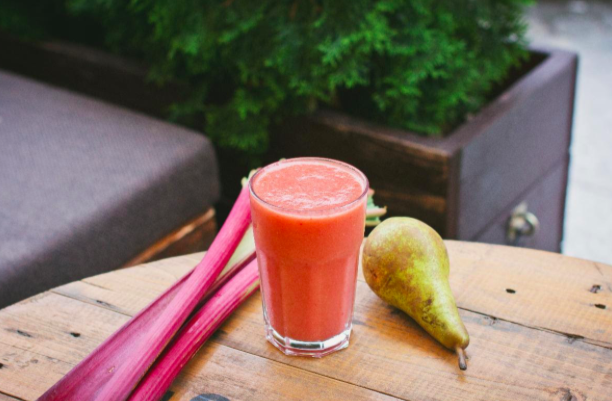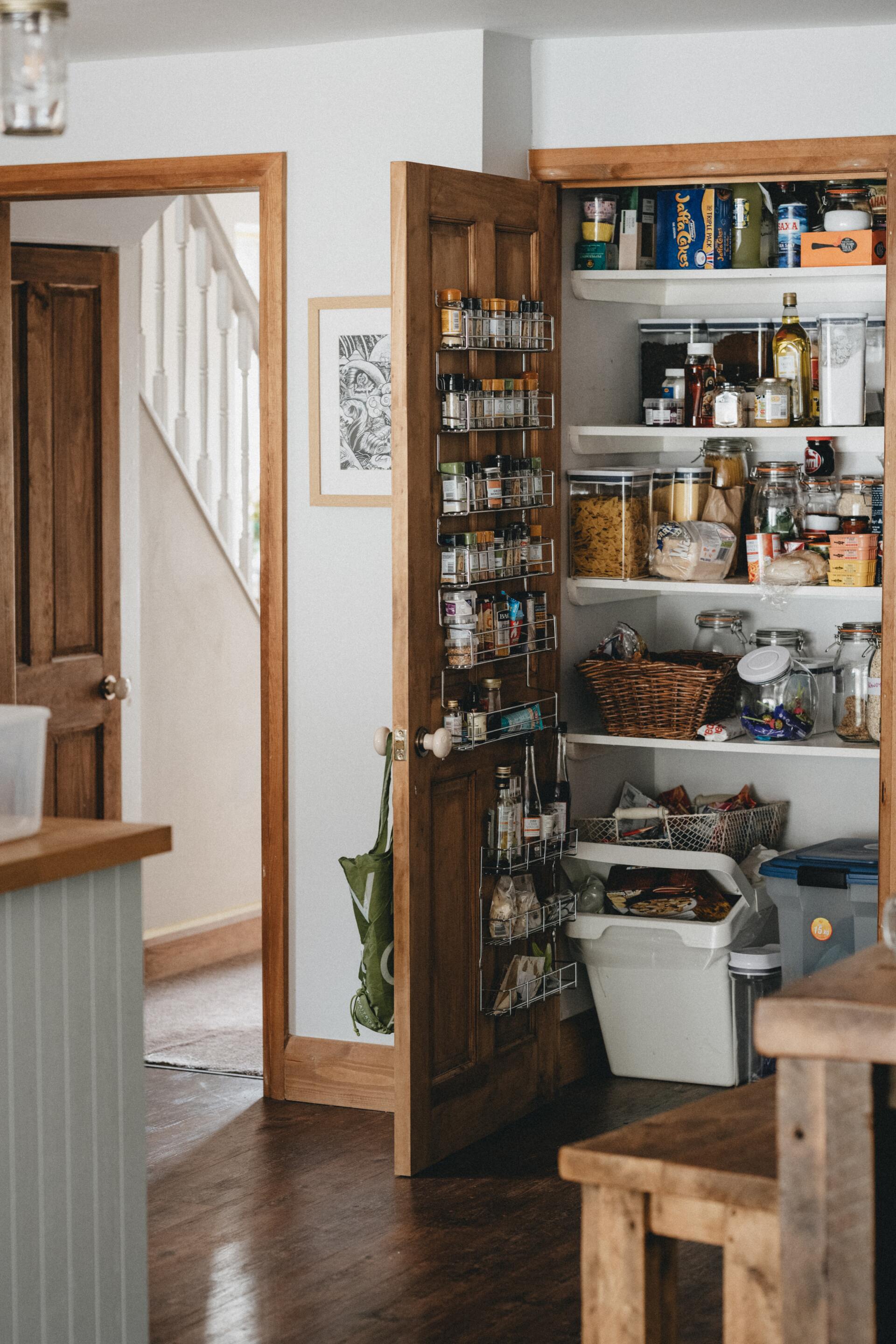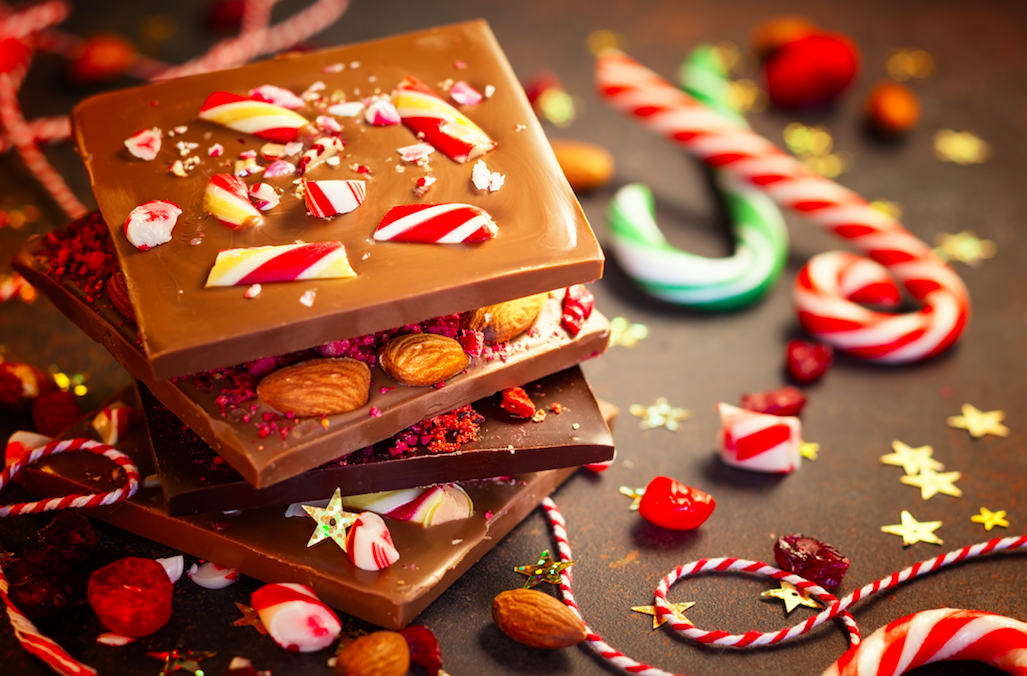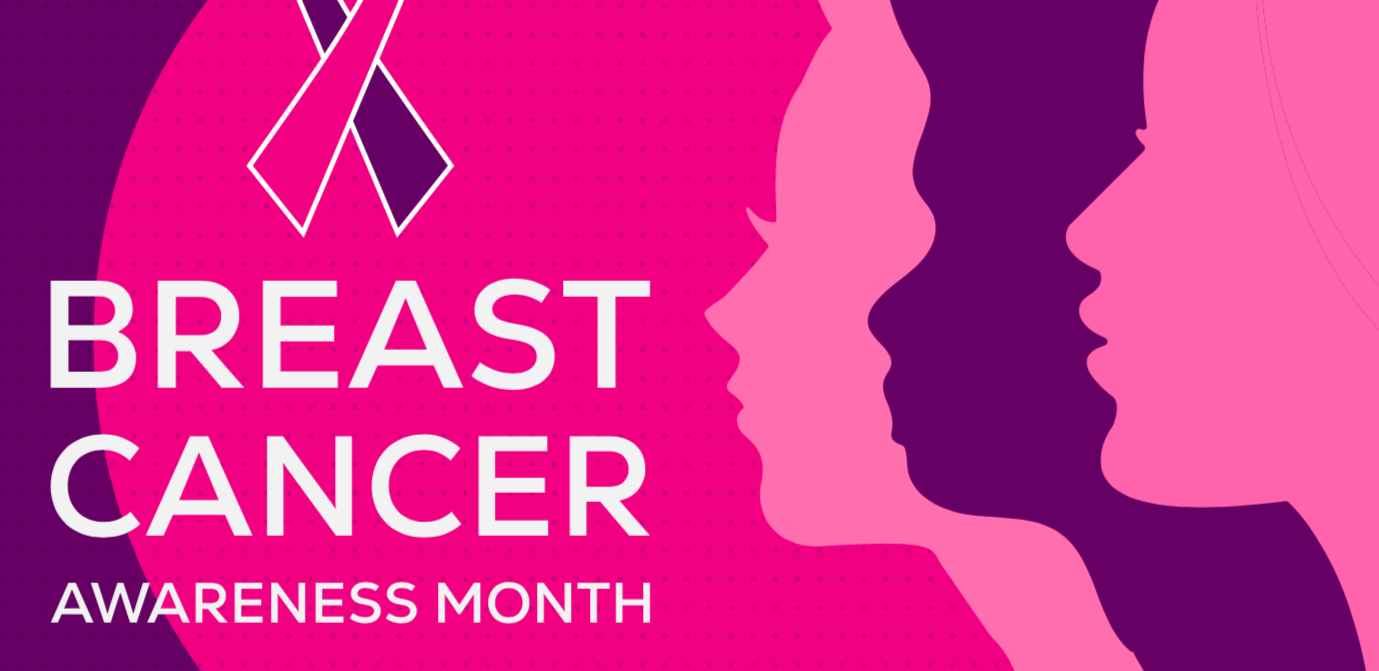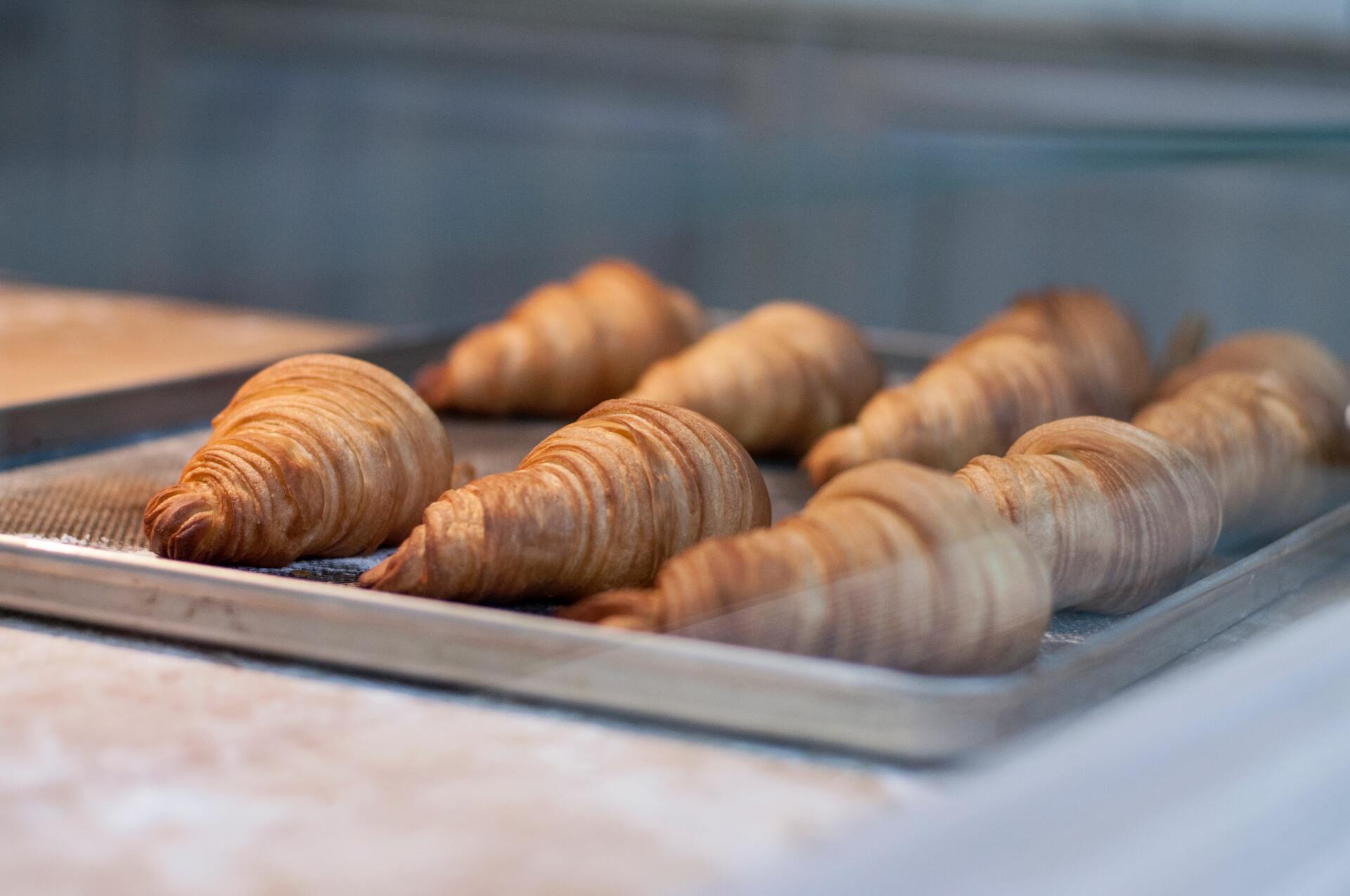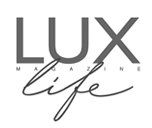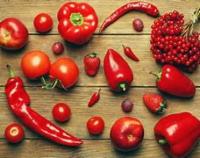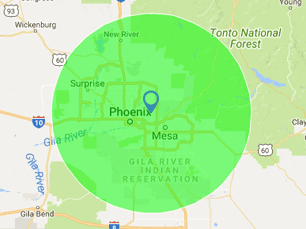High Blood Pressure: What You Can Do About It
The many ways to control hypertension beside medication
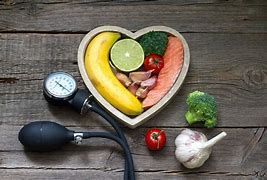
High Blood Pressure or hypertension affects more than 1 adult in 3 in America, and it can lead to serious conditions such as heart conditions, kidney disease, stroke, vision loss or heart attack; something to take extremely seriously.
While there are many factors that come into consideration - such as stress, smoking, alcohol, sedentary, etc... that we addressed in our last newsletter- diet is a big part of what can lead to high blood pressure and as a result, a big part of what can help prevent high blood pressure and its consequences.
All of our food choices have an impact on our body, mind and overall health, thus it is important to take a honest look at our eating habits to be able to make an accurate assessment. Once we have identified (getting the help of a professional can be useful) what is arming us, we can put a plan together and switch to a diet that will help us with preventing hypertension/HBP.
What are the major foods that are bad for HBP?
PROCESSED FOODS
!!! If it's in a box, it is processed, if not ultra processed! Processed foods gather almost all the bad ingredients to be banned if you want to be in good health:
1- sodium
: it will harden your arteries when consumed in too much quantities. It is found in high levels in processed foods to give foods more "flavor" or bump up the taste. It is usually very high and you want to check the labels carefully. Breads and rolls, pizza, frozen meals, cure meats and cold cuts, canned soups or other canned meals. The best way to control the amount of salt you take is basically to make your own food. Many processed foods try to sound appealing with vegetables and lean meats, yet, you want to read the labels carefully as they way too often contain too much sugar, fats, sugar and preservatives!
2- saturated fats
: Fat is another way to give flavor and texture to processed foods; you can find it in many desserts such as chocolate, cakes, biscuits, pastries and pies. Fats to avoid can also be found in processed meats (sausages, burgers, bacon...), cooking oils such as butter or margarine and full fat dairy products (cream, milk, cheese...)
3- sugary foods and drinks
: besides desserts that seem pretty obvious, sugar can hide in a large array of processed foods: prepackaged meals, cereal (bars), dressings, bread, crackers
4- excessive and empty calories
: too many calories will lead to overweight; empty calories come from those foods which are high in calories and low in nutrients an vitamins.
5- Red meats
(beef, lamb, pork, veal, venison) can raise your blood pressure and should be limited, leaner cuts and lighter in colors are less damaging.
6- Too much caffeine
as it can temporarily elevate blood pressure. Beside coffee, caffeine can be found in teas, sodas and energy drinks.
7- Be aware of portions
: Restaurant plates are not what a portion should be, a standard plate consists of a 5-6 ounces lean protein, same size of a complex carb and 8 ounces vegetables; that is plenty to fill you up.
8- alcohol
: no excess here!
So this is what we need to avoid as they will increase high blood pressure. Let's look at the foods that you can incorporate into your diet to help prevent or fight high blood pressure:
1- Citrus fruits
, grapefruit, oranges, lemon which contain an antioxidant that can help heart health. Either fresh, in fruit salads, juices (freshly made, not from the store!) or squeezed in salads.
2- Fatty fish
which are a great source of omega-3 fats
3- Leafy greens
which are rich in nitrates: spinach, kale, cabbage, collar greens or Swiss chard. Spinach and baby kale are great for salads and can also be wilted (as well as the other greens) with garlic or onion, added to soups or stews, even breakfast casseroles.
4- Nuts and seeds
, especially pumpkin seeds, flaxseeds, chia seeds, pistachio, walnuts and almonds may have beneficial effects on blood pressure according to some studies. They are important to an overall balanced and healthy diet.
5- The pulse family
: lentils, beans and peas which are rich in potassium. They also contain high levels of protein and fiber which are part of a healthy diet
6- Whole grains
: studies have shown that they help reduce your risk of high blood pressure, try different ones such as , quinoa, whole oats, brown rice, whole grain bread, whole wheat pasta or amaranth which is particularly rich in magnesium
7- Berries
: some studies
have shown they can also help in lowering high blood pressure
8- Garlic
: and its active ingredient allicin which can reduce blood pressure, arterial stiffness and cholesterol, see details of that 2020 review here
9- Beets
and its dietary nitrate content have been proven
to reduce hypertension. They can be found as juice, you can add them to salad, either raw (shredded) or cooked (roasted is better), or as a side dish.
10- Celery
which components relaxes the tissues of the arteries for a better blood flow and less blood pressure
11- Foods rich in potassium
: potassium lessen the effects of sodium which is harmful for high blood pressure, and helps with tension in blood vessels. Although it is recommended for high blood pressure, potassium is not if you have a kidney condition, therefore you want to check with your doctor who will be advising you based on your personal medical history. Foods rich in potassium are apricots, avocados, cantaloupe, fat free dairy products, greens, halibut, lima beans, mushrooms, bananas.
Do your own cooking
: the best way to control what is in your plate, is to make it yourself!
As you can see, fresh food, lean protein and fruits and vegetables are, once again, the stars of the show! They, not only help with blood pressure, but also contribute to an overall healthy diet that will keep you away from chronic diseases such as heart failure, diabetes and more!
Remember, a journey of a thousand miles, start with one step!
